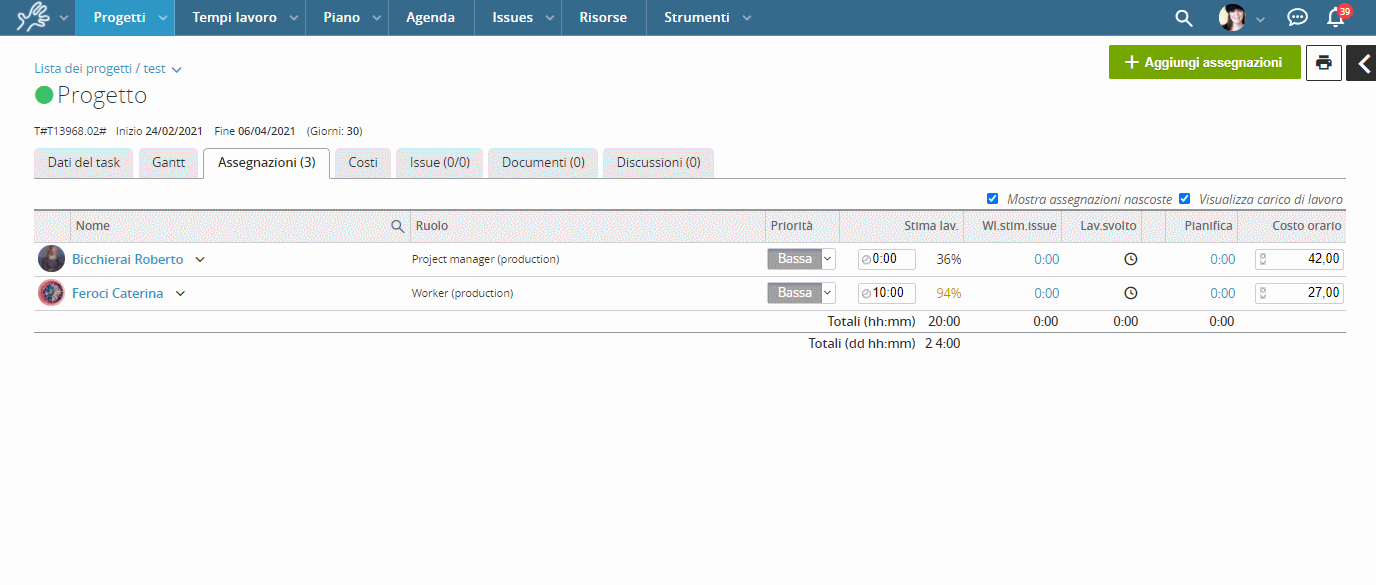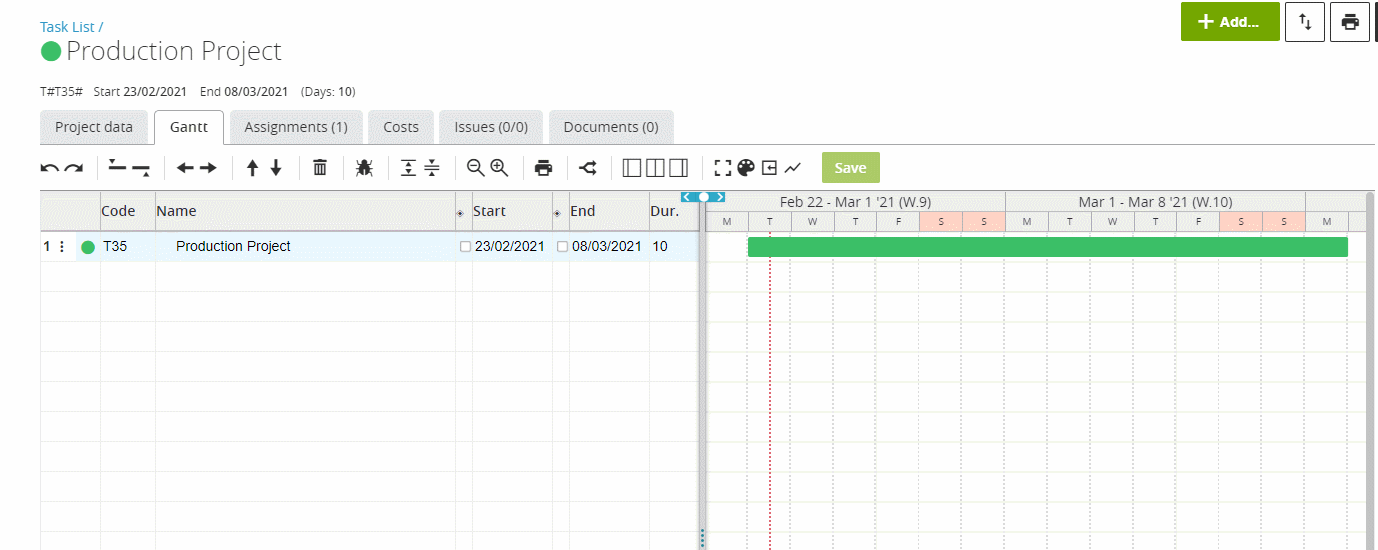Project Management is a series of activities that allow, in coordination with each other, to successfully implement certain projects.
CONTENTS
Many organizations struggle, however, to understand how to control the success and profitability of their projects and the reason is very simple. They lose touch with what are the true foundations on which Project Management is built: people, processes and technology.
Companies that want to implement new strategic objectives need to know that people, processes and technology are the drivers of change that must be identified as catalysts for success.
Only when these three pillars are aligned is it possible for the entire organization to operate as one.
So let’s take a closer look at the fundamental attributes of a project management par excellence.
The first fundamental of Project Management: the people
Talent management is important for effective project management, and project management is important for effective talent management.
They are the people who work and deliver the projects.
Resources must be teamed up in a performing group in order to deliver the project effectively. It begins with the project manager’s leadership skills.
This includes “cross skills” such as communication, business insight and change management – With an increased focus on understanding the requirements and constraints of customers and stakeholders, customer relationship management capabilities are essential.
Although this confrontation between talent and project management has been going on for years, the emphasis on “people” is now a more widely appreciated perspective, as employees and their varied skills offer organizations the chance to gain a competitive advantage.
Project managers may cover different roles from one project to another, yet the need to understand and collaborate with other staff is still present.
The mentality for success is simple: people come first.
The goal is to find, hire and retain project managers who combine technical skills with solid leadership and possess strategic and business management skills.
Moreover, with the importance given to a person’s individuality and the way it relates to their performance with an organization, talent management must also take into account other characteristics such as personality, communication style and even attitude.
The process may be complex, yet the goal is simple: execute project objectives efficiently, using the right people.

However, considering people just as specialised “tools” for the task at hand is not as easy as it might seem.
A person is not just a “tool” you are working with, but an individual who needs consistent communication and guidance to get the job done right.
Nowadays, the best project managers have a multi-level understanding of the business challenge, a multidisciplinary approach to the project and effective communication with project stakeholders.
Furthermore, the key to the success of any project is to ensure that all stakeholders remain enthusiastic and inspired when faced with often tedious tasks and unexpected developments, particularly in long-term projects.

The second fundamental of Project Management: the process
The second mainstay, both for talent and project management, is based on having solid processes.
Although each organization will probably modify them to best fit its business structure, the value of having one (or many) remains similar.
The process, whatever industry it covers, can be divided into three general phases:
- preparation,
- identification,
- communication.
The preparation phase begins with an understanding of an organization’s needs and how best to fill that gap, both currently and in the future.
In the identification process, we begin to look for key factors or attributes that have been previously discussed.
The communication phase, as the name suggests, requires strategic action to initiate interaction.

This phase not only brings awareness of the opportunities available, but also represents the time, energy and skills needed to successfully conclude the process.
Business processes should be based on best practice tailored to the specific situation of the company and its customers.
Bodies such as the Project Management Institute (SME) for example, help in establishing these practices while providing learning and development opportunities for project managers.
Among the advantages of implementing clear processes and methodologies in an organization can include:
- Avoid the use of a set of tools to reduce unnecessary costs and thus reduce the risk of error.
- With reduced waste of time a project can be completed faster and more effectively.
- Greater satisfaction among the main stakeholders of the project is noted.
- Better effectiveness and motivation from the project team that perceives working in an environment of organizational certainty.
- A better reputation for the organization that develops successful projects through the work of a committed team.
- Greater opportunity to take advantage of potential opportunities thanks to a better reputation and greater capabilities of project teams in responding to customer and market demands.
- Greater organizational flexibility thanks to the greater forecasting capacity provided by monitoring and control processes.
- Better possibilities to predict and manage potential risks with targeted response strategies.
- Improved output quality thanks to the reduced possibility of error, which allows energies to be focused on innovation and process improvement.
- All in all, more and better productivity through greater efficiency.
The third fundamental of Project Management: the tecnology
With an increasing number of IT tools to choose from, deciding what is best for the team can be challenging.
However, the introduction of new technologies can also play a key role in the way talent and project management teams communicate, often influencing them to be proactive in adopting new innovative solutions.
For everyone, and especially project managers, the learning process is constant and has become an expectation of anyone working on complex projects.
Technology has also influenced the development of new project management and planning tools, with dozens of models available, ranging from complex software to simple cloud-based interfaces.
Speaking of this topic, did you know that you can try TWproject for free for 15 days? You can do it by clicking here.
Having a unified tool that can integrate with software within an organization is an easy way to increase efficiency for both project managers and the team in general.
So here are the three main fundamentals and tools in project management.
Before starting any work, therefore, an organization must ensure that it has no gaps in these areas.
Once the “foundation” is in place, you can move on to project management in more detail to ensure successful projects and motivated teams.




